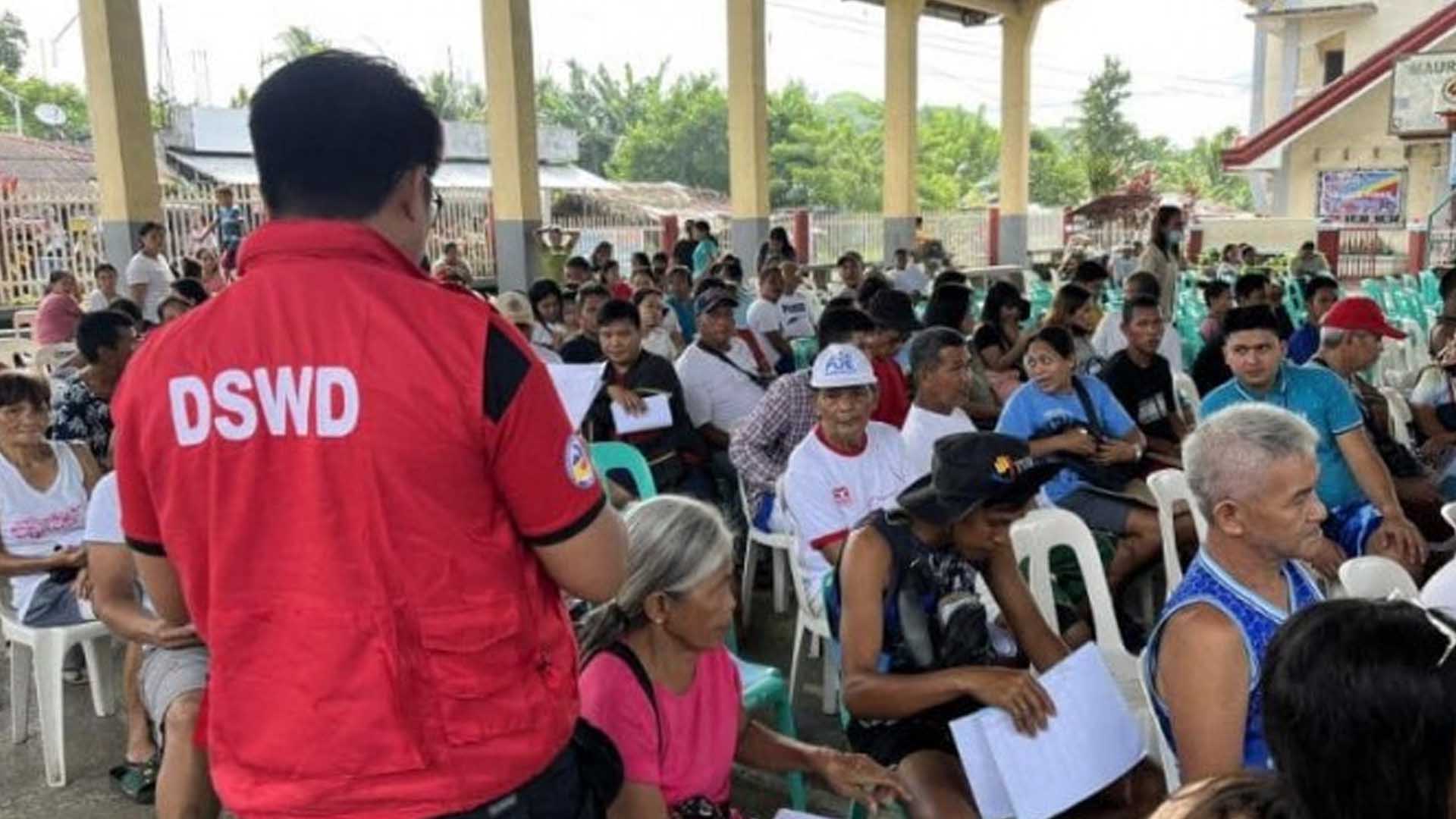President Ferdinand R. Marcos Jr. on Monday said his administration is reorganizing a “more adaptable, agile and effective” response teams to ensure the disaster preparedness of the Philippines, the most typhoon-prone country in the world.
During his second State of the Nation Address (SONA) delivered at the Batasang Pambansa Complex in Quezon City, Marcos said the government continues to be “alert and prepared” to mitigate the potential impact of disasters.
He stressed that the country has learned “many painful” lessons from the catastrophic weather disturbances induced by climate change.
“It has, in fact, been commented that sometimes we are over-prepared for such natural disasters. To continue that, we are reorganizing our response teams to make them more adaptable, agile and effective in times of calamities and crises, with a clear unity of command,” Marcos said.
“Climate change is now an important criterion in our integral national policies, in planning, decision-making, up to the implementation of programs. The potential advantages of such enlightened policies extend to jobs and livelihood, with the unlocking of the development of the green and blue economies,” he added.
On April 30, Marcos signed Executive Order (EO) 24, creating the Disaster Response and Crisis Management Task Force to ensure a “clear unity of command to lead the government’s efforts in confronting challenges brought about by natural disasters through evidence-driven and science-based approach in crisis management.”
Under EO 24, the task force is tasked to lead the integrated disaster preparedness and response efforts of the national government and ensure the prompt delivery of accessible and coordinated assistance programs to the affected communities
Marcos also ensured that evacuation centers nationwide are being upgraded “to withstand the greater forces of the new normal of extreme weather, as well as other natural and man-made disasters.”
He noted that to date, about 55 new evacuation centers have been built.
“The building blocks of progressive, livable and sustainable communities will never be complete without appropriate and responsible action to mitigate and adapt to the effects of climate change. We can never lose sight of our responsibility to the future,” Marcos said.
Marcos said his administration’s economic agenda “cannot and will not ever be incompatible with our climate change agenda.”
He said the government remains committed to global decarbonization goals, and the reduction of carbon footprint.
“We preserve and protect the treasure that is our forests. Their value to the environment, the ecology, and the economy is incalculable,” Marcos said, adding that the country has adopted the “circular economy” concept using nature as its model.
“The aim is to keep raw materials in a closed loop. In our world with scarce resources, the circular economy allows us to fully use these resources, minimize waste and reduce the need for new resources — as it is in nature,” he added.
Marcos hoped for the participation of “all sectors of society” to make the climate action laid out by his administration a success.
The Philippines has allocated USD8.2 billion, or 9 percent of its total national budget, for climate change adaptation and mitigation programs this year. (PNA)








